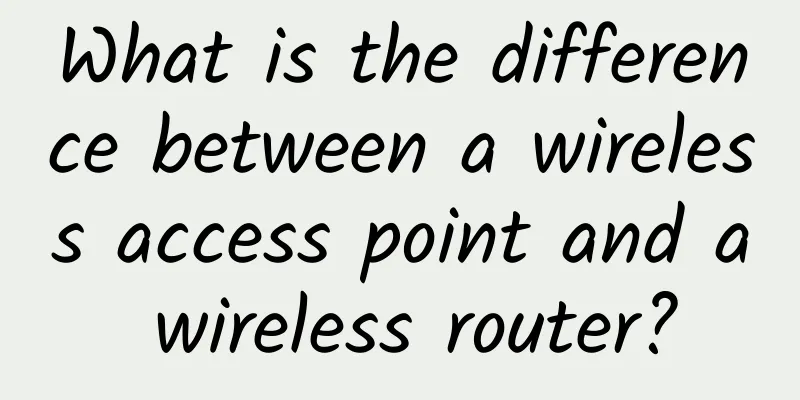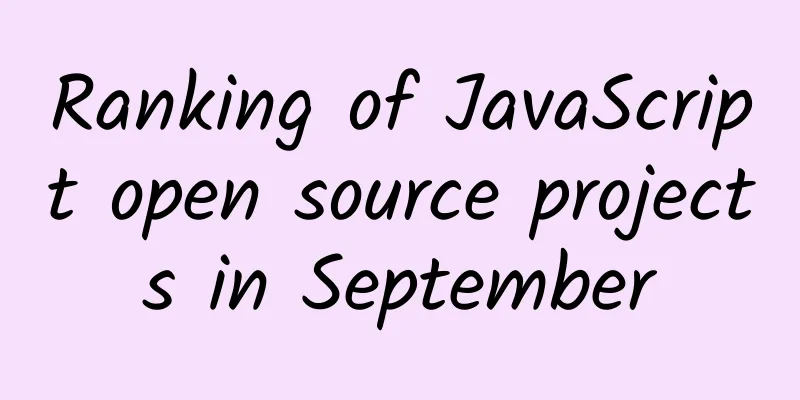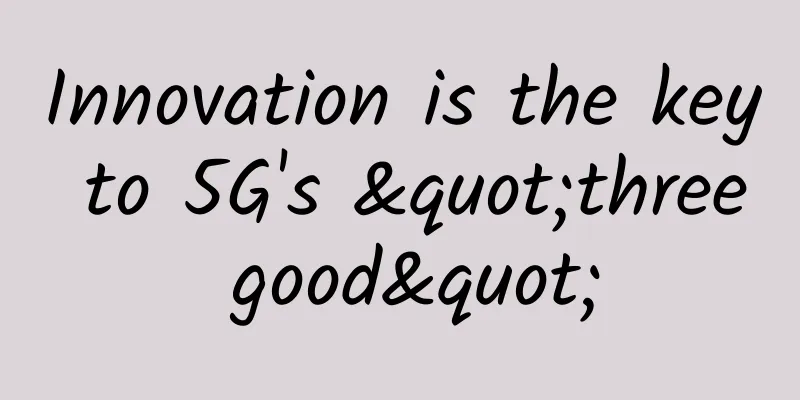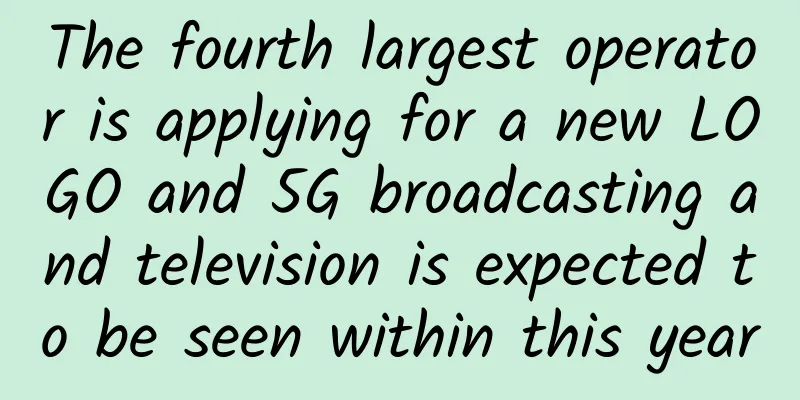The "tragic" situation of operators' operations

|
Previously, a joke mocking the operators caused a great response online. The reason was that China Unicom launched a wide variety of cooperative cards with cheap traffic prices, but without exception, only new users could apply for them, which naturally made old users dissatisfied. So there was a joke that "old users and dogs are not allowed to apply for them." Since the country began to advocate "speed up and reduce fees", old users have almost become the "punching bag" of the three major operators. However, the problems of the three major operators are not just the negative treatment of old users. There is really an operational "tragedy" in their operating model. Killing a familiar The old users of the operators are really miserable, being played around by the operators. "Old users and dogs are not allowed to apply" is one of them, and being selectively ignored is no longer a strange thing. Previously, the State Council inspection team found that operators often only provide selected discounts to new customers, but do not inform or allow old customers to process them, causing many old customers to either pay more or have to change their numbers. Many times, old users choose to endure it, thinking that it is just a matter of a dozen or twenty dollars more, which makes the operators even more arrogant. Killing the familiar Of course, the operators’ tactics of taking advantage of old users are not just not notifying or processing, but also offering high pay and refusing to accept low pay. A reporter went to an offline branch of the business hall to change the package and was told that he could only upgrade the package. If he wanted to change to the current cheaper package, he had to wait for the current package to end. If he wanted to use it, he had to cancel the number and apply for a new mobile phone number. Moreover, when you choose to cancel your number, you will find that many offline business halls do not have such authority. The salesperson will "enthusiastically" recommend some high-end services to you, but if you refuse, you will be met with a cold face. Then, you can only run to a faraway place to find a business hall with authority to abandon the number and re-apply. Hidden Consumption Operators' pricing standards are not open and transparent. Not only do they take advantage of familiar customers, but they also selectively inform consumers. The implicit terms and additional conditions included in the package fees are often not disclosed to consumers. What you see is what I want you to see, and what I don't want you to see has already happened when you see it. This is probably the true voice of the current operators' business routines. Many users complained that they applied for a ringtone service without knowing the reason. What's worse, some users applied for other services by themselves, but the original service continued to charge.
Unlimited flow "scam" I don’t know how many people jumped for joy when they heard that there was no data limit. However, in actual use, they found that after using it for a period of time every day, the Internet speed of this mobile phone was so slow that they began to doubt their lives. The so-called unlimited supply of traffic is just a beautiful trap of publicity. No matter whether it is China Mobile, China Unicom or China Telecom, there are upper limits on traffic and speed. After reaching the threshold, the traffic will start to slow down until it stops. This should be experienced by many people who use fast traffic. Broadband number binding The three major operators all have two major businesses: mobile communications and wired broadband. In order to retain customers, bundling mobile phones and broadband has become a common practice for operators. However, this also brings a lot of inconvenience to consumers. Once you find a cheaper broadband package, if you want to change, you can only change your number. This is actually a reflection of the operator's "high can be achieved, low is not" approach. Restrictions on full network access and number portability Now many mobile phones have achieved full network access, and one mobile phone supports multiple operators. However, when you actually use it, you will find that there are still limitations. Taking Huawei mate8 as an example, you can use China Unicom and China Mobile's 4G on SIM card 1 of the phone. If you want to use China Telecom's 4G, you can only put it on SIM card 2. This also involves the issue of number portability. The mobile phone number is bound to our bank card, email, social account, etc. If you want to change a carrier, the work behind it will give you a headache, and it may not be fully processed. The above are actually the superficial "tragedies" of the operators, which are the "extraordinary things" done under business pressure. The real "tragedy" of the operators is that their profitability is stretched against the backdrop of speed increase and fee reduction, and the many routines are just to cover up their inner hesitation. We use China Mobile's 2018 first half financial report as a reference. The data shows that China Mobile's operating income in the first half of the year was 391.8 billion yuan, a year-on-year increase of 2.9%, and its net profit was 65.6 billion yuan, a year-on-year increase of 4.7%. This number looks very good, even a huge profit. But China Mobile Chairman Shang Bing interpreted it this way. "China Mobile's user growth and traffic share are in a downward range, and the biggest pressure comes from unlimited traffic packages." From the data perspective, the monthly traffic consumption of a user in my country increased from 1.5G in 2017 to about 4.05G in 2018, but in terms of tariffs, the average mobile traffic tariff decreased by 46.2% compared with 2017. In general, the traffic increased, the number of users did not increase, and the tariff decreased, resulting in the increasingly obvious pipeline attributes of operators, without other business highlights. In the mobile Internet era, the rise of BAT has become a huge mountain between operators and users, monopolizing more than 90% of high-quality traffic. The biggest impact was WeChat after the issuance of 3G licenses. Operators' call and SMS services were quickly replaced, especially SMS services, which have reached the end of their life cycle. In the mobile Internet era, BAT's high revenue and high profits are built on the networks laid by operators. This situation has not been alleviated in the era of 5G and the Internet of Things, and is even worse than before. At present, 4G networks have achieved almost full coverage, and the increase in network speed has brought us great convenience. However, operators have not actually made back their capital from 4G networks before 5G has arrived. If operators continue to lay basic network facilities and ignore the enabling end, it is likely that more Internet giants will make operations disappointed. However, 5G will be a brand new hardware upgrade, and even a strong company like China Mobile cannot complete it alone. Under the conditions of win-win cooperation, operators are expected to find new profit breakthroughs. Operators can still think of ways to deal with 5G, but the current development of the Internet of Things completely puts operators in the position of pipeline providers. Currently, the most operator-friendly Internet of Things is NB-IoT, which can be based on the operator's mobile cellular technology, and operators can play a leading role in the network. However, the network layer is only a part of the application of the Internet of Things. If operators focus on building a network and find it difficult to take care of other things, they may become a mere fee collector and move away from the hardware and application market of the Internet of Things. Secondly, LoRa uses unlicensed frequency bands, and users can get rid of operators and build networks independently. If LoRa takes off, then the position of operators in the era of the Internet of Things will really be marginalized. GSMA stated in the "Network 2020" report: In the entire ecosystem of the future development of the Internet of Things, the value of operators' Internet of Things pipelines is still only 2%, and operators still face a huge threat of being marginalized in the era of the Internet of Things. In short, the trend of operators becoming piped is inevitable, and implementing refined traffic management is the inevitable way out. However, I hope that operators will stop taking out their anger on users when seeking a way out. |
<<: What damage will it cause if the router at home is not turned off for a long time?
Recommend
The trend of HTTPS and SSH from the growth history of Dongdong
Dongdong wants to visit the xx website, and the u...
Huawei's Hu Houkun: Connecting to create a better intelligent world
On December 20, the 2022 China Unicom Partner Con...
CloudCone Spring Festival Promotion: Los Angeles KVM annual payment starts from US$7.5
CloudCone has released two promotional plans for ...
Huawei's Wu Hui: Join hands with partners to be the "bridge builders" and "road builders" of the intelligent era
Every generation has its own mission of transform...
Australia completes first millimeter wave auction, 5 companies receive licenses
According to foreign media, Australia has complet...
Ethernet Adapter Market to See Record Revenue Growth in 2022
According to a recent report released by DellOro ...
Hostodo: $17.99/year KVM-1GB/12GB/4TB/Las Vegas
Hostodo is a foreign VPS hosting company founded ...
Cloud Data Center in the "Internet +" Era
Recently, the concept of "Internet +" h...
Revolutionizing Connectivity: Benefits of Power over Ethernet Solutions
Revolutionizing Connectivity: The Untold Benefits...
2022 UBBF|Huawei's optical transmission demonstration site is on display
[Bangkok, Thailand, October 28, 2022] From Octobe...
Discussion on 5G network construction plan
Labs Summary This paper proposes a 5G network arc...
5G is eating into Wi-Fi traffic
With the commercialization of 5G and the increase...
It’s time to stop saying “5G is useless”! 5G is the world’s “new oil” and will give rise to nine major industry trends!
[[336158]] This article is reprinted from the WeC...
Wuhan East Lake High-tech Zone built a video conferencing system in seconds to improve work efficiency
Under the tough order of "admit everyone who...
Laying the foundation for digital finance | H3C launches S12500G-EF, a new generation of green smart switches
On April 25, New H3C Group, a subsidiary of Tsing...









